Gloomy Days for FireWire
20 04 2009The future of FireWire is terminally unknown. IEEE 1394 has always been strong, however in today’s market it may not survive.

FireWire was developed by Apple in the 80’s, with contributions from Texas Instruments, IBM, Sony and a few other companies. FireWire’s first release was in 1995, and its major contender is Universal Serial Bus (USB), which was released in 1996. USB was a collaboration between Microsoft, IBM, Intel, and several other companies.
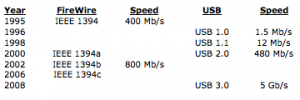
As shown, FireWire came out earlier (albeit by a year) and was vastly superior to USB. Not only that, but it took USB until 2000 to beat FireWire’s theoretical max. However, what is rarely stated is that even though USB’s theoretical max is higher, this is the THEORETICAL speed, meaning the actually speed is typically slower. In the case of USB 2.0, normal sustained transfer speeds max out around 240 Mb/s, half of its advertised 480 MB/s. Typically speeds are even slower than that, sub 200 (my external hard drives running USB 2.0 usually sit around 200 Mb/s). Of course the same applies to FireWire, however sustain speeds for FireWire are much closer to their theoretical, with their read speeds being 70% faster read and 50% faster write speeds over USB (for Firewire, we see ours sit around 325 Mb/s). Even though USB is slower, USB is on every computer you can buy on the market. FireWire on the other hand has been dwindling.
But USB isn’t Firewire’s only competitor. External SATA has been becoming increasingly more common with external hard drives, boasting speeds of nearly 1 Gigabit/s. And eSATA has plans to start marketing to film cameras soon, which is one of the few markets FireWire has a good hold on.
HDMI is another competitor after FireWire territory. FireWire can be used for TV, but HDMI is gaining a larger market penetration than FireWire has.
FireWire’s major holds in industry are film, automobiles, and military aircraft. These are industries that use FireWire as a standard. But with new standards rising, FireWire may lose its hold. Faster components are coming around every day. FireWire is starting to show its age, and support seems to be dwindling every day.
I wouldn’t say FireWire is going to die anytime soon. FireWire has shown itself to be versatile and fast. It does has a certain niche of the market. However, it seems to be lacking support, especially in the consumer market. USB already has 100% market penetration, and is held as a standard by the entire industry. eSATA is displacing FireWire for transfers to and from external drives, due to its higher transfer speeds. Soon, unless FireWire makes a big jump quickly, FireWire may be lost as a IEEE standard.
Categories : Apple, Microsoft, Rant

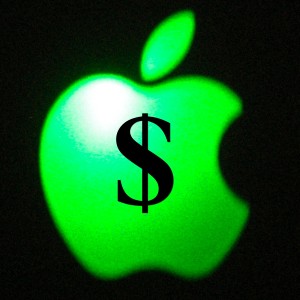

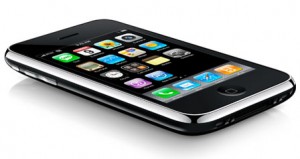
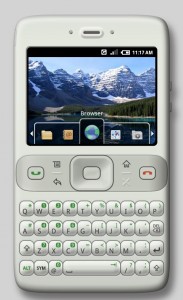
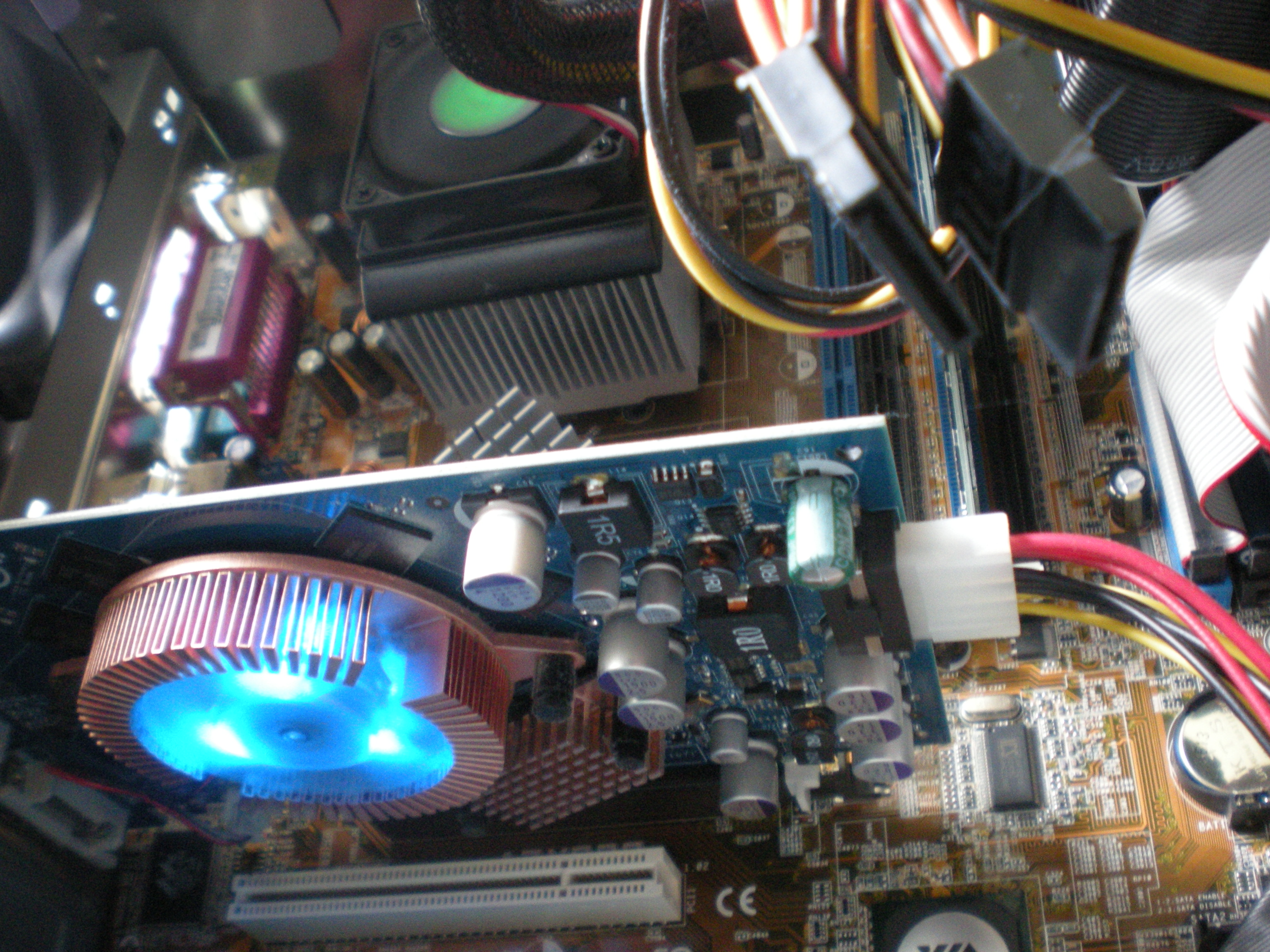

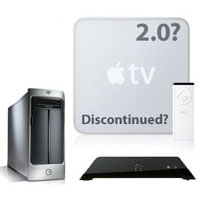

 RSS 2.0
RSS 2.0